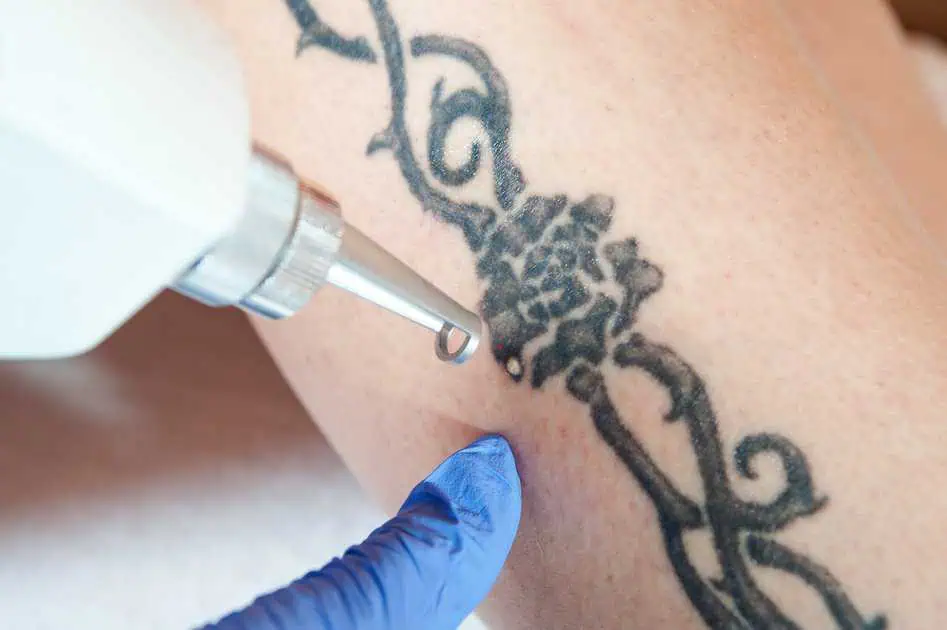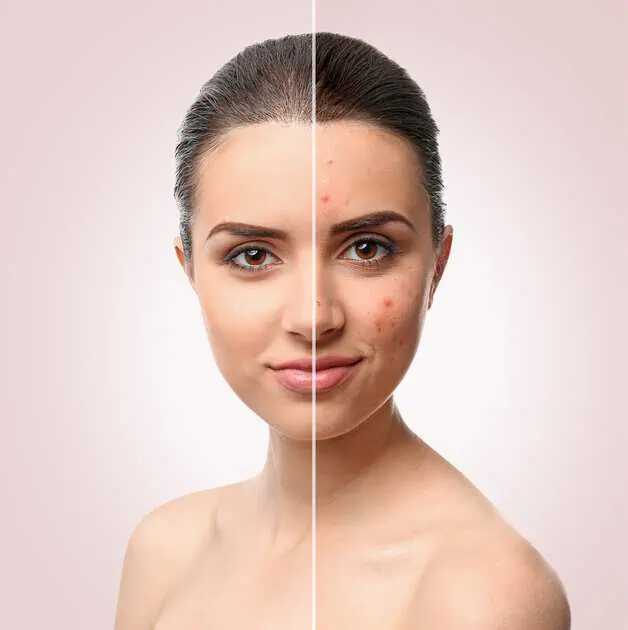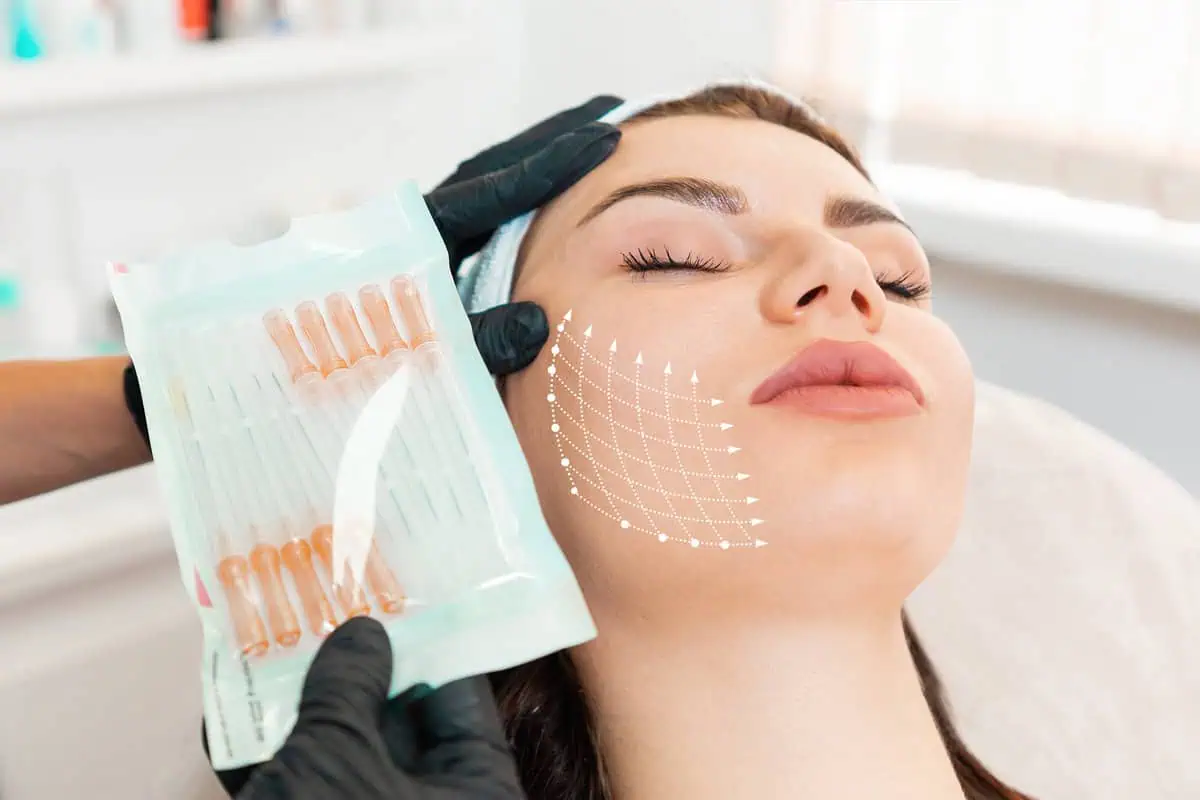Table of Contents
Introduction
Are you experiencing unexplained fatigue, mood swings, or changes in your body that you can’t quite pin down? These symptoms might be signs of a hormonal imbalance. For many individuals in Coral Springs, FL, and beyond, hormone therapy has become a beacon of hope in addressing these issues. But what exactly is hormone therapy, and how do you know if it’s the right choice for you? Let’s dive into this important topic and explore how hormone therapy could potentially improve your quality of life.
Understanding Hormonal Imbalances
Hormones: What Are They and Why Are They Important?
Hormones are chemical messengers that are crucial in regulating various bodily functions. From metabolism and mood to reproductive health and bone density, hormones influence nearly every aspect of our well-being. When these delicate chemical balances are disrupted, various symptoms and health problems can occur.
The endocrine system, which includes glands like thyroids, adrenal glands, and ovaries or testes, produces and regulates hormones. These hormones trigger various physiological processes as they travel through the bloodstream. Insulin regulates blood sugar levels as well as metabolism and energy production.
Common Signs of Hormonal Imbalance
Hormonal imbalances can manifest differently in men and women, but some common signs include:
- Unexplained weight gain or loss
- Fatigue and low energy levels
- Mood swings, irritability, or depression
- Changes in libido or sexual function
- Sleep disturbances or insomnia
- Hair loss or thinning
- Dry skin or excessive sweating
- Digestive issues
- Muscle weakness or joint pain
- Irregular menstrual cycles in women
- Erectile dysfunction in men
If you’re experiencing these symptoms, consider whether a hormonal imbalance is at play. It’s important to note that these symptoms can also be associated with other health conditions, which is why a proper medical evaluation is crucial.
What is Hormone Therapy?
Hormone therapy in Coral Springs, FL, involves administering specific hormones to restore balance within the body. This treatment can be tailored to address various conditions and is available for both men and women. In hormone therapy, the goal is to replace or supplement hormones the body no longer produces in adequate quantities.
Hormone Therapy for Women
For women, hormone therapy often focuses on addressing imbalances related to estrogen and progesterone. Menopause symptoms, such as vaginal dryness, hot flashes, and night sweats, are common menopause symptoms commonly treated with this type of treatment. Additionally, it reduces the risk of osteoporosis and maintains bone density.
Women’s hormone therapy may involve:
- Estrogen therapy: This can be administered through pills, patches, gels, or vaginal creams.
- Combination hormone therapy: This includes both estrogen and progesterone (or a synthetic version called progestin) for women who still have their uterus.
- Bioidentical hormone therapy: This involves using identical hormones to those produced by the body.
The use of hormone therapy can be particularly beneficial for women experiencing premature menopause or those who have had their ovaries surgically removed.
Hormone Therapy for Men
Hormone therapy for men typically involves testosterone replacement. The natural decline in testosterone levels in men as they age is associated with reduced muscle mass, decreased libido, and mood changes. In testosterone therapy, these levels are restored and symptoms associated with them are relieved.
Male hormone therapy options include:
- Topical gels or patches
- Injections
- Pellets inserted under the skin
- Oral medications (less common due to potential liver effects)
In addition to addressing age-related testosterone decline, hormone therapy can also be beneficial for men with certain medical conditions that affect hormone production, such as hypogonadism.
Is Hormone Therapy Right for You?
Deciding whether hormone therapy is the right choice requires careful consideration and professional guidance. Here are some factors to consider:
Assessing Your Symptoms
The first step in determining if hormone therapy might be beneficial is to assess your symptoms. Are you experiencing persistent issues that align with hormonal imbalances? You can identify patterns and discuss your concerns with a healthcare provider by keeping a symptom diary.
When documenting your symptoms, consider:
- The frequency and severity of each symptom
- Any triggers or patterns you notice
- Your daily life and overall well-being as a result of these symptoms
- Any changes in your symptoms over time
This detailed information can be invaluable when consulting with a healthcare professional about hormone therapy.
Medical Evaluation
A thorough medical evaluation is essential before beginning any hormone therapy regimen. This typically includes:
- A comprehensive review of your medical history, including any past or current health conditions
- Assessment of overall health and identification of physical signs of hormonal imbalance
- Testing for hormone levels in the blood, including thyroid function, testosterone, estrogen, and other relevant hormones
- Discussion of your symptoms and treatment goals
- Review of your current medications and supplements
- Assessment of your risk factors for hormone-sensitive conditions, such as certain cancers or cardiovascular diseases
Additionally, your healthcare provider may recommend bone density tests or imaging studies.
Understanding the Benefits and Risks
Like any medical treatment, hormone therapy comes with potential benefits and risks. Some benefits may include:
- Improved energy levels and vitality
- Enhanced mood stability and mental clarity
- Increased muscle mass and bone density
- Better sleep quality
- Improved sexual function and libido
- Reduced risk of certain age-related conditions, such as osteoporosis
However, it’s also important to be aware of the risks associated with hormone therapy and individual factors. These may include:
- Increased risk of blood clots
- Potential impact on cardiovascular health
- Changes in breast tissue
- Skin reactions or irritation (with topical treatments)
- Prostate effects in men
Your Coral Springs Med Spa healthcare provider can help you weigh these factors based on your personal health profile, family history, and individual risk factors.
The Hormone Therapy Process at Coral Springs Med Spa
At Coral Springs Med Spa, we offer personalized hormone therapy for women and men. To meet the needs of each individual, we follow several key steps:
Initial Consultation
Your journey begins with a comprehensive consultation. We’ll discuss your symptoms, medical history, and treatment goals during this session. This is your opportunity to ask questions and express concerns about hormone therapy.
Our experienced healthcare providers will listen to your concerns and provide detailed information about hormone therapy options. We believe in empowering our patients with knowledge to make informed decisions about their health.
Diagnostic Testing
Based on your consultation, we may recommend specific diagnostic tests to measure your hormone levels. These tests help us identify imbalances and form the basis for your personalized treatment plan.
Our diagnostic process may include:
- Blood tests to measure hormone levels
- Saliva tests for certain hormones
- Urine tests to assess hormone metabolites
- Thyroid function tests
- Other relevant health screenings based on your individual needs
We use state-of-the-art testing methods to ensure accurate and comprehensive results.
Customized Treatment Plan
Our medical professionals will use the information gathered from your consultation and diagnostic tests to create a customized hormone therapy plan to address your specific hormonal imbalances and health goals.
Your treatment plan may include:
- Specific hormone replacement recommendations
- Dosage and administration methods tailored to your needs
- Complementary lifestyle recommendations
- Nutritional guidance to support hormonal balance
- Suggestions for stress management and sleep improvement
As part of our holistic approach to hormone therapy, we consider all aspects of your health and well-being.
Ongoing Monitoring and Adjustment
Hormone therapy is not a one-size-fits-all solution. Your progress should be monitored regularly so that you can make any necessary adjustments to your treatment plan. This ensures that you’re receiving the optimal benefits from your therapy.
During follow-up appointments, we will:
- Review your symptoms and any changes you’ve experienced
- Conduct follow-up hormone level tests
- Assess any side effects or concerns
- Make adjustments to your treatment plan as needed
- Provide ongoing support and education
We are committed to your long-term health and well-being, and we’re here to support you throughout your hormone therapy journey.
Life After Starting Hormone Therapy
Several patients report significant improvements in their quality of life after beginning hormone therapy. However, it’s important to have realistic expectations about the timeline and effects of treatment.
Timeline for Results
Some people may notice improvements within a few weeks, it can take several months to experience the full benefits of hormone therapy. Patience and consistency are key during this period. Here’s a general timeline of what you might expect:
- Weeks 1-4: Some patients report improved sleep quality and energy levels.
- Months 1-3: You may notice mood, libido, and skin quality improvements.
- Months 3-6: Many patients experience more significant improvements in muscle mass, bone density, and overall well-being.
- 6 months and beyond: The full effects of hormone therapy are typically realized, with ongoing benefits as treatment continues.
Everyone’s experience with hormone therapy is unique, and your timeline may differ from this general outline.
Lifestyle Considerations
Hormone therapy works best when combined with a healthy lifestyle. This includes:
- Regular exercise: Aim for cardiovascular exercise and strength training to support overall health and hormone balance.
- A balanced diet: Focus on whole foods, proteins, healthy fats, and fruits and vegetables. Proper nutrition can help support hormone function and overall well-being.
- Stress management techniques: Practices such as meditation, yoga, or deep breathing exercises can help reduce stress, which can impact hormone levels.
- Adequate sleep: Get 7 to 9 quality hours per night to support hormone production and regulation.
- Limiting alcohol and avoiding tobacco: These substances can interfere with hormone balance and overall health.
Your Coral Springs Med Spa provider can offer guidance on lifestyle modifications that complement your hormone therapy regimen. We may also recommend specific supplements or additional treatments to enhance the effects of your hormone therapy.
Conclusion: Taking the Next Step
If you’re experiencing symptoms of a hormonal imbalance, hormone therapy could be the key to restoring your health and vitality. At Coral Springs Med Spa, we’re committed to providing expert care and personalized service.
Don’t let hormonal imbalances hold you back from living your best life. Contact Coral Springs Med Spa to learn how hormone therapy might benefit you. We are ready to answer your questions and help you take the first step towards hormonal balance and improved well-being.
Remember, your health is an investment; you deserve to feel your best. Let’s work together to find the right hormone therapy solution for you. With our expertise in hormone therapy in Coral Springs FL, we can help you reclaim your vitality and enjoy a more balanced, energetic life.
Take control of your hormonal health today. Learn how hormone therapy can transform your life.







